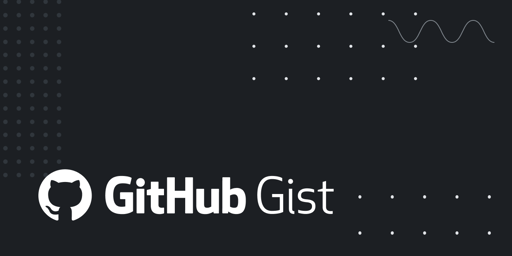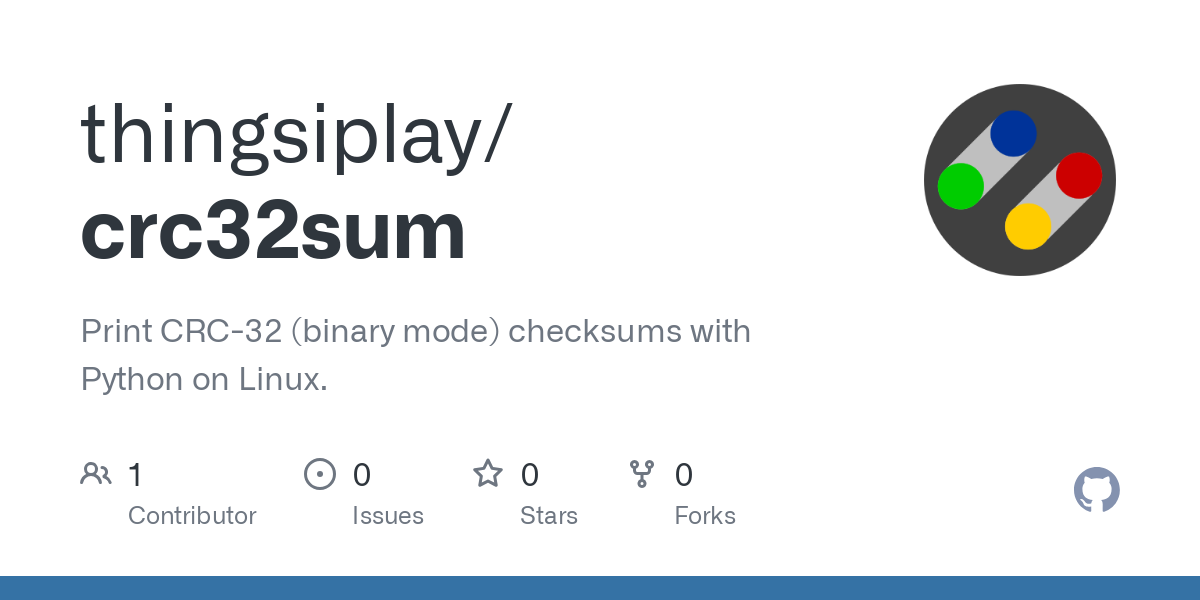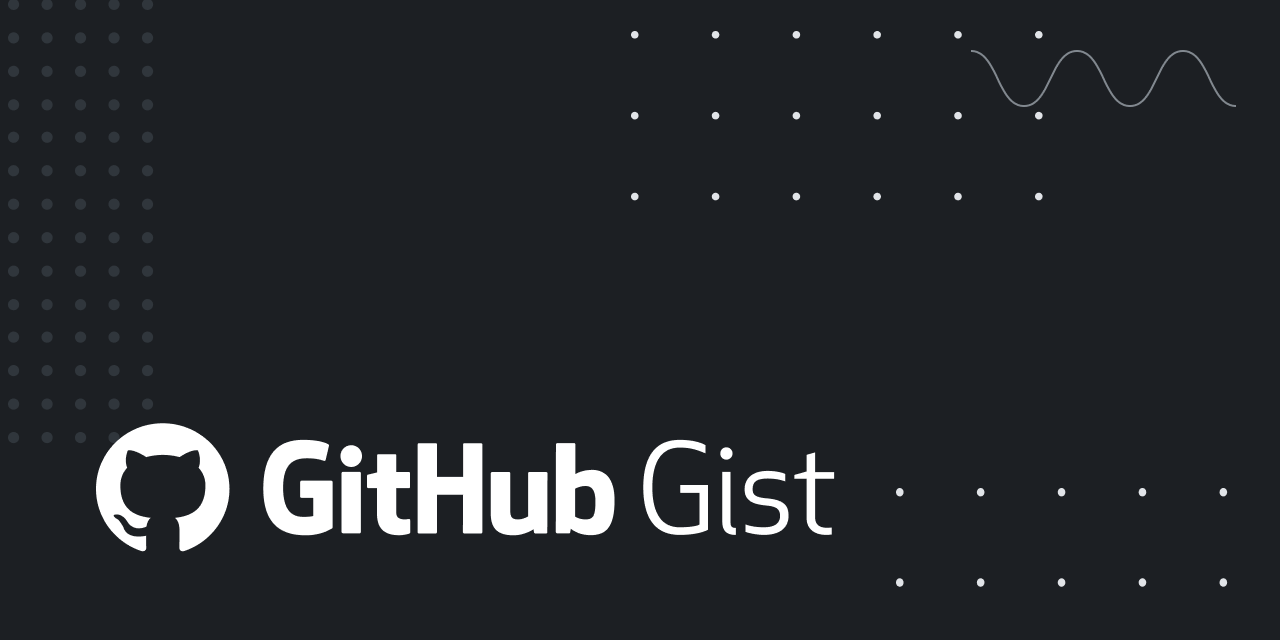

Which distribution? Maybe its an issue with the packaging. 580 is the last version that supports the older 10xx cards and there were some packaging changes in Archlinux. Now your card is newer than that and should not be affected. But maybe your distribution made some changes to packaging that caused the issue?







How do you know its a Wayland issue? Edit: I mean its not the entirely same setup, because Sway WM does not run on Xorg. That means there are other differences in play than Wayland only.